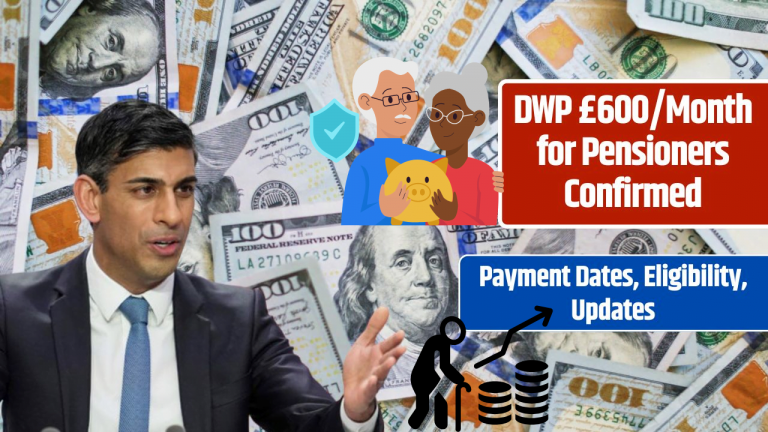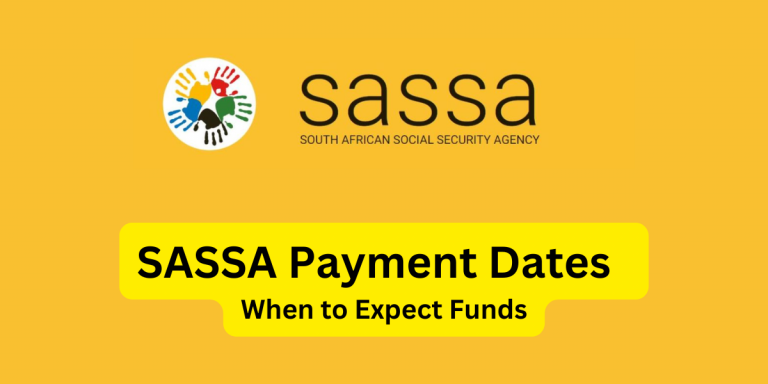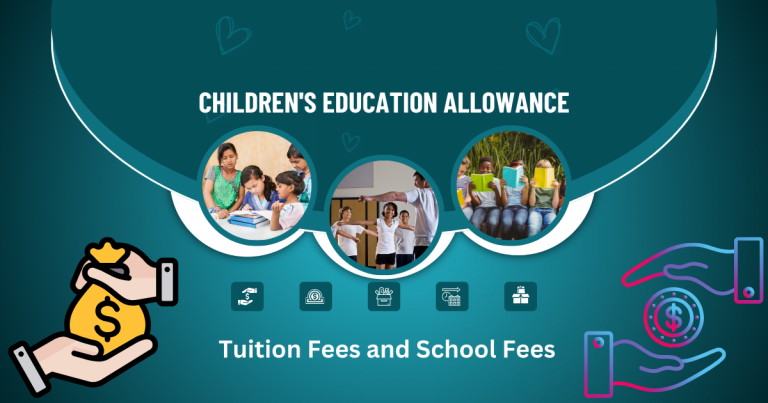$1,800 Social Security Payment 2024: Eligibility & Dates
For millions of American seniors and retirees, Social Security benefits are key to their income. They may get an $1,800 payment to help with living costs. We’ll look into who gets this payment and when they can expect it.
It’s important to know who can get the $1,800 Social Security payment and when. We’ll explain the rules and timeline. This way, you can see if you qualify and when you might get the extra money.
Key Takeaways
- The $1,800 Social Security payment provides additional support for eligible seniors and retirees
- Eligibility is based on factors like age, disability status, and income limits
- Payment dates vary depending on your birthday and the method of distribution (direct deposit or mail)
- Social Security benefits play a vital role in the financial well-being of many older Americans
- Staying informed about benefit amounts and schedules can help you better plan your finances in retirement
Understanding Social Security Benefits
Social Security is a key program that helps millions of Americans. It gives financial support to retirees, disabled people, and families who have lost a main breadwinner. Knowing about the different Social Security benefits and how they work is key for those looking to boost their retirement income or get help during tough times.
Types of Social Security Benefits
The Social Security Administration has several benefits for eligible people and their families. The main types are:
- Retirement benefits: These are monthly payments for eligible retirees who have reached the age to start and have paid into the Social Security system through their jobs.
- Disability benefits: People with a medical condition that stops them from working and is likely to last over a year or end in death might get disability benefits.
- Supplemental Security Income (SSI): This gives extra money to disabled people and those 65 or older with low income and few resources.
How Benefits Are Calculated
Social Security benefits depend on a worker’s earnings over their life and when they start getting benefits. The Social Security Administration uses a detailed formula. This formula looks at several things, including:
- Work history: The money an individual earned over their career, as reported to the Social Security Administration, is a big part of their benefit amount.
- Average indexed monthly earnings (AIME): This is the average of an individual’s 35 highest-earning years, adjusted for inflation.
- Primary Insurance Amount (PIA): The PIA is the basic benefit amount. It comes from the AIME and gets adjusted yearly for inflation.
Here’s how an individual’s PIA is figured out from their AIME:
| AIME | PIA Calculation |
|---|---|
| $0 – $996 | 90% of AIME |
| $996 – $6,002 | $896.40 + 32% of the amount over $996 |
| $6,002 and above | $2,498.48 + 15% of the amount over $6,002 |
Choosing when to start getting benefits can greatly affect how much an individual gets each month. Waiting to start benefits can increase the monthly payment, while starting early will lower it.
Eligibility Criteria for the $1,800 Social Security Payment
To get the $1,800 Social Security payment, you must meet certain requirements. These rules make sure the payment goes to those who need it most. They look at your age, if you have a disability, and your financial situation. Knowing these rules is key to seeing if you or someone you care about might get this extra help.
Age Requirements
Age is a big part of getting the $1,800 Social Security payment. You must be a certain age to qualify, depending on the type of Social Security you get. For instance:
- Retired workers need to be 62 or older to get retirement benefits.
- Disabled workers can get disability benefits at any age if they really can’t work because of their condition.
- Survivors of someone who has passed away might get benefits at different ages, based on how they were related to the deceased and other things.
Disability Status
Being disabled is also important for getting the $1,800 Social Security payment. To get disability benefits, you must:
- Have a medical condition that really limits your ability to work.
- This condition must last at least a year or could even be fatal.
- You can’t do substantial work because of your disability.
Income and Resource Limits
Income and resource limits also matter for the $1,800 Social Security payment. These limits make sure the payment goes to those who really need it. The limits change based on the Social Security benefits you get and how many people live in your house.
| Benefit Type | Income Limit (Monthly) | Resource Limit (Individual) | Resource Limit (Couple) |
|---|---|---|---|
| Supplemental Security Income (SSI) | $794 | $2,000 | $3,000 |
| Social Security Disability Insurance (SSDI) | $1,310 | No limit | No limit |
| Retirement Benefits | Varies based on retirement age and work history | No limit | No limit |
Some benefits, like SSI, have tighter income and resource limits than others. Knowing these rules helps you figure out if you might get the $1,800 Social Security payment. It also helps you take steps to get the support you need.
IRS $1,800 Social Security Payment Coming This Week: Eligibility, Expected Dates
The IRS is getting ready to send out the $1,800 Social Security payment this week. Those who are eligible will get their money either through direct deposit or mail delivery. It depends on how they chose to get their payment distribution.
To get this payment, you must meet certain rules set by the Social Security Administration. You need to be the right age, have a disability, and not make too much money or have too many resources.
The expected dates for getting the $1,800 Social Security payment can change a bit. This depends on:
- Whether you picked direct deposit or mail delivery
- Your location and how fast your local post office works
- How fast the IRS can process everything
If you chose direct deposit, you might see the money in your bank soon. If you want it by mail delivery, it might take a bit longer. The money will come through the United States Postal Service then.
“We know how important these payments are for many Americans. We’re working hard to make sure everyone who should get it does,” said a Social Security Administration spokesperson.
Keep an eye on your bank or mailbox in the next few days for your $1,800 Social Security payment. If you’re unsure about your eligibility or how you’ll get your payment distribution, contact the Social Security Administration. Or visit their official website for more details.
| Payment Method | Expected Dates |
|---|---|
| Direct Deposit | April 12-16, / |
| Mail Delivery | April 14-21, / |
Payment Schedule and Distribution
After checking if you’re eligible for the $1,800 Social Security payment, it’s key to know how you’ll get your money. You can get your benefits through direct deposit into your bank or a mailed check to your address.
Many people choose direct deposit for its security and ease. It makes sure your Social Security payment is in your bank on the payment date. You won’t have to wait for a check or worry about it getting lost. Just give your bank details to the Social Security Administration to set it up.
Direct Deposit vs. Mail
If you want a mailed check, make sure your address with the Social Security Administration is correct. Mailed checks might take longer to arrive than direct deposit. They could also get lost or stolen. If you get a mailed check, update your address quickly if you move to get your payment on time.
Factors Affecting Payment Dates
The Social Security Administration tries to pay everyone on time, but some things can delay your $1,800 payment. If your payment date is on a weekend or holiday, you’ll get it the day before. Sometimes, delays in processing can also happen. If you’re having trouble getting your payment, call the Social Security Administration for help.
FAQ
To get the $1,800 Social Security payment, you must be a senior or retiree getting Social Security. You also need to meet certain income and resource limits. The Social Security Administration sets these rules.
Your Social Security benefits come from your work history and earnings. The Social Security Administration looks at your top 35 years of work. They use a formula to figure out your primary insurance amount (PIA). Then, they add cost-of-living adjustments (COLAs) to keep up with inflation.
There are several Social Security benefits. Retirement benefits go to seniors who are old enough and have enough work credits. Disability benefits help people with serious disabilities. Supplemental Security Income (SSI) gives money to low-income seniors and people with disabilities.
Many things can change when you get your $1,800 Social Security payment. Direct deposit gets you your money faster than a mailed check. Weekends and holidays can also affect the date. If there are delays at the IRS or Social Security, your payment might come later.







